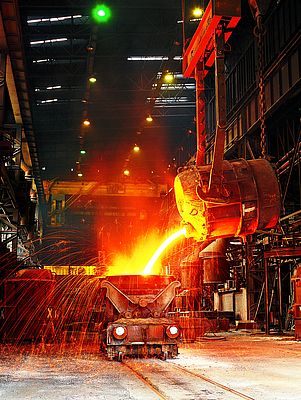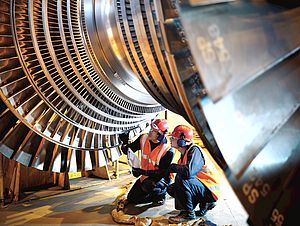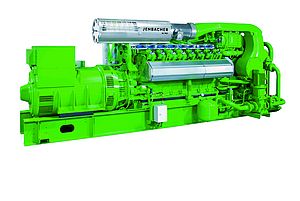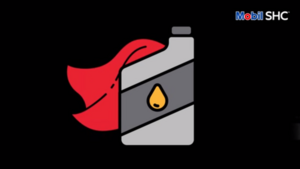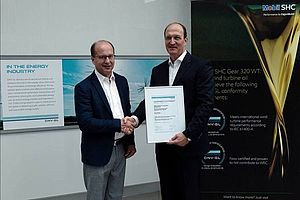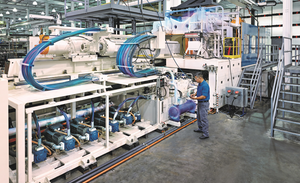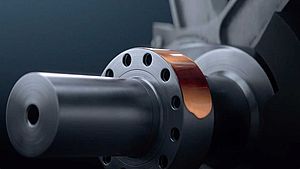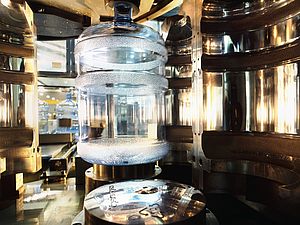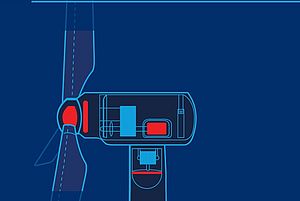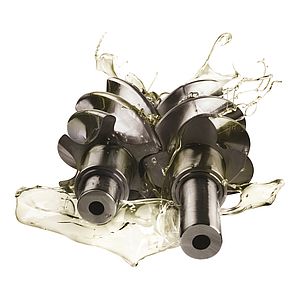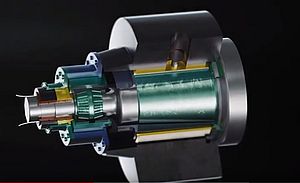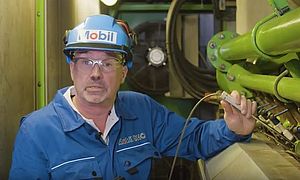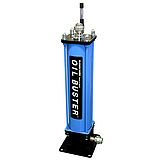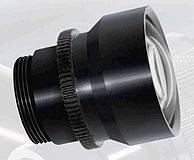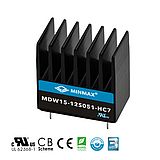Due to the competitive nature of the steel industry, companies are continually looking to maximise productivity and reduce unscheduled downtime and costs. While accounting for a small percentage of total maintenance spend, high performance fully synthetic lubricants have the potential to reduce planned and unplanned downtime by extending oil drain intervals and improving the lifespan of machinery - amounting to huge benefits across the steel mill.
Why choose an advanced synthetic lubricant?
Steel mill machinery is often subjected to extreme operating conditions. High temperatures, heavy loads and high levels of external contaminants can all have an effect on the in-service lubricant. It is important to then use robust lubricants, specifically designed to offer reliable equipment protection, even under these harsh conditions.
Advanced synthetic lubricants can offer advantages that mineral oils simply cannot match. Able to maintain viscosity and film thickness even at high temperatures, they have the potential to better protect machinery components in steel mills. They are also able to cope with heavy loads, meaning oil drain intervals can be extended, helping to reduce maintenance frequency.
Mobil SHCTM oils for example offer considerable advantages; the upper operating limit for Mobil SHC lubricants is generally higher than the maximum operating temperature for high-quality mineral oils. They also have excellent thermal stability and oxidation resistance, reducing deposit formation while extending oil drain intervals.
Performance in the field
An example of a company to benefit from fully synthetic lubricants is a hot rolling steel mill in Germany, which more than tripled the equipment lifespan of its gear spindles. Previously, the gear spindles were grease lubricated. Under severe operating conditions grease has a tendency to bleed more oil and remove grease from the contact zone - this meant the service life of the grease lubricated spindles has been about nine months.
Following close work between ExxonMobil and the original equipment manufacturer (OEM), SMS Siemag, it was suggested that the steel mill switch the gear spindles to a fully synthetic oil lubricant, Mobil SHC 639. This high-performance oil has been developed to meet the demands of machinery operating in extreme temperatures to help better protect components so oil drain intervals can be extended and productivity improved.
As a result of the switch gear spindle maintenance was reduced and annual savings of approximately €1,000,000 were generated. The gear spindles' lifespan increased by 250 per cent, with no failures or unplanned spindle maintenance in 32 months. There was also a reduction in oil waste generated for disposal.[1]
Proactive maintenance
While lubricants have the potential to protect equipment for longer and as a result extend oil drain intervals, it is important this is done safely. One way to safely achieve oil drain interval goals is to use proactive maintenance programs, such as used oil analysis. By monitoring the condition of equipment and oil through a series of tests, operators can make more informed decisions about optimal and safe oil drain intervals.
An Italian steel mill had been using a mineral oil in the hydraulics of its bridge cranes which degraded rapidly, forming deposits and sludge in the oil. This was causing two to three unscheduled production stops annually and resulting in oil drain intervals of only 4,000 hours.
ExxonMobil worked with the steel mill to switch to using a fully synthetic lubricant, Mobil SHC™ 524. The oil's outstanding oxidation and shear stability, excellent rust and corrosion protection, and keep-clean performance helps extend the service life of machine components. In conjunction with the new lubricant the steel mill used ExxonMobil's Signum℠ used oil analysis to monitor oil condition and secure safe increases of oil drain intervals.
As a result of the dual approach of new lubricant plus used oil analysis, the steel mill was able to safely increase its oil drain intervals by 700 per cent - to 32,000 hours. The reduction of maintenance as a result of extended oil drain intervals has decreased oil consumption and led to a reduction in downtime, creating savings of approximately € 9,800.[2]
Improving productivity
As a result of the increasingly competitive steel industry, leading steel mill operators worldwide are paying close attention to their choice of equipment lubricants. Although only a fraction of operating costs, lubricants have the power to extend oil drain intervals and better protect equipment. This all has the big benefit of achieving productivity goals through reduced scheduled and unscheduled downtime.
[1] This Proof of Performance is based on the experience of a single customer. Actual results can vary depending upon the type of equipment used and its maintenance, operating conditions and environment, and any prior lubricant used.
[2] This Proof of Performance is based on the experience of a single customer. Actual results can vary depending upon the type of equipment used and its maintenance, operating conditions and environment, and any prior lubricant used.


